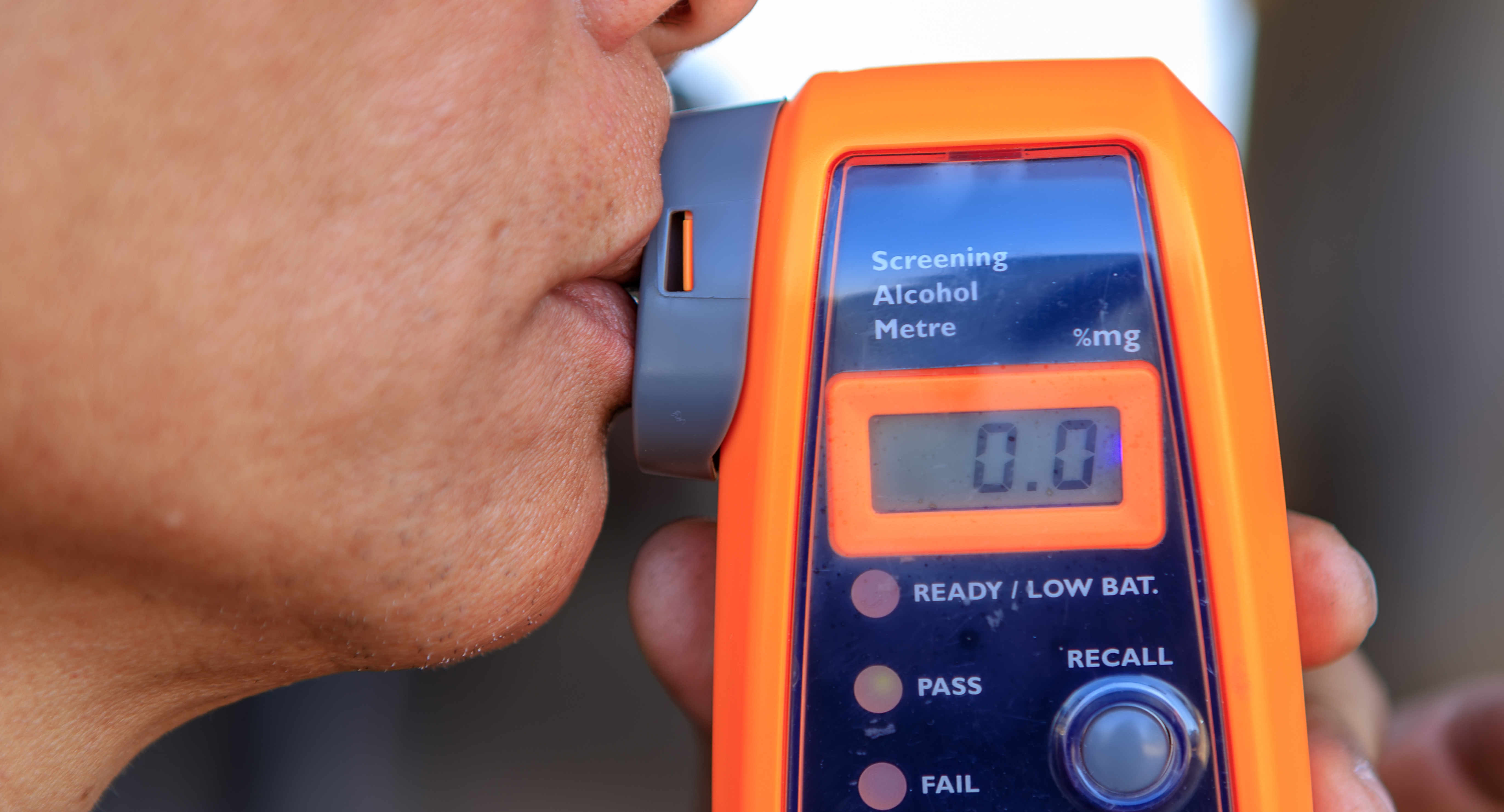- ISF is an “in-custody” substance abuse treatment option
- If you’ve violated probation or parole and are considered a “low-risk” offender, you may be eligible for an ISF program
- However, complaints about the ISF system in Texas are rampant — and you may have to spend time in jail until a bed becomes available in an ISF
ISF stands for Intermediate Sanction Facility. It is an in-custody substance abuse treatment option for “low-risk” offenders. It can potentially keep probation and parole violators out of prison.
However, whether or not these are a better option for drug and alcohol offenders depends on whom you ask. Though experts agree that there are definite benefits to emphasizing rehabilitation to prevent future offenses, first-person experiences indicate that conditions at these facilities are not much of an improvement over prison.
Unfortunately, most judges and prosecutors in Texas won’t give offenders a choice. If you’re sent to ISF as a condition of probation, you must comply.
What is ISF Jail?
ISF is an alternative penalty for people who’ve violated probation or parole due to drug or alcohol abuse. Felony offenders must participate in a live-in substance abuse “treatment program.”
ISFs provide housing, counseling, supervision, and personal and work adjustment training.
The idea is that the programs will help offenders address the underlying reasons for committing crimes.
However, the ISF system in Texas is imperfect, and complaints are rampant.
Though ISFs are designed to alleviate prison overcrowding, the ISF program itself is typically overbooked, and there aren’t enough beds to go around. Eligible offenders spend months waiting for a bed to open up – and that time is spent waiting in jail.
Essentially, you could spend several months in jail under the guise of state-sponsored rehabilitation.
If there are significant delays, we may be able to petition the judge to grant you credit for the time you served in jail awaiting a vacancy at an ISF.

Types of ISF Programs
Both probationers and parolees face prison if they violate the terms and conditions set by a judge. ISF offers an alternative punishment. An offender can enter ISF for 45 to 120 days, and there are three different programs:
- Substance abuse treatment: This helps offenders address substance abuse issues, particularly those related to the most recent offense. These programs take 90 days to complete
- Substance abuse relapse: These programs are designed to help offenders who have already completed some type of substance abuse program but who have relapsed
- Cognitive intervention: If a judge feels more time is needed, an additional 30-day extension can be added to your ISF program. This means a substance abuse treatment program can last up to 120 days, and a relapse program could take up to 75 days
Once an offender completes ISF, they typically must enroll in and complete an after-care program.
Similar Programs
There are a lot of confusing acronyms to describe programs that are similar, but not the same.
- SAFP (Substance Abuse Felony Punishment Facility): A lockdown treatment facility with substance abuse and cognitive training programs
- ISP (Intermediate Sanctions Program): These are the programs that take place at Intermediate Sanction Facilities
Both ISFs and SAFPs require candidates to be admitted to a county jail before they’re eligible to reserve a bed in an alternative facility.
Real Complaints About ISF in Texas
Consider these thoughts from Texans who’ve spent time in ISF:
- “It’s like a prison rehab.”
- “It’s rough, at least the East Texas one I went to. Fighting is definitely happening…”
- “I went to ISF in Gonzales, it was horrible. …They did not care about making you a better person. They just wanted to add days to your stay to keep their asses protected.”
- “Worst time in my life, taught me to be a good manipulator and actor… not a good place for mental health….”
- “Sit on a chair facing the wall for eight hours.”
- “My husband went to jail….He has since been waiting (ten weeks) for a bed to open…. ISF coordinator told him it would be a 4- to 8-week wait for bed.”
Who is Eligible for an ISF?
Texas Government Code Sections 493.0053, 508.0441, 508.045, 508.221,508.281(c)(1), 508.2811, and 508.283 Texas Administrative Code Title 37, Part 5, Chapter 146 explain ISFs, ISPs and the eligibility requirements.
An offender must meet the following criteria:
- Be a low-risk offender
- Have violated the conditions of their release to parole or mandatory supervision
- Face no pending charges
- Have no significant medical or intellectual disability
While any defendant facing certain charges in Texas is eligible to request ISFs, they primarily exist as an alternative for offenders who violate the terms of their probation or parole.
READ MORE: What’s the difference between probation and parole
Common Reasons for an ISF Sentence
Many people end up in ISF due to violations of probation or parole. An ISF is considered a more “structured” environment, and non-violent offenders who violate the terms and conditions of their probation/parole are held there to alleviate jail overcrowding. If you miss random drug tests or don’t attend meetings with your probation officer, you lose the privilege of remaining at home and instead are ordered to jail to await space in an ISF program. Some low-level property crime offenders are also sentenced to ISF if a judge believes they’ll benefit from the substance abuse treatment program.
Offenses that most commonly result in placement in an ISF include:
- Technical probation violations: Failure to meet conditions of probation, including missing appointments with probation officers or failing to appear for random drug testing, could result in an ISF
- Technical parole violations: Failing to attend required treatment programs or scheduled meetings with your parole officer could be sent to an ISF
- Drug-related offenses: Substance abuse issues often result in ISFs due to repeated drug possession or drug use offenses while on parole or probation – this includes possessing controlled substances, failing drug tests, or failing to attend mandated treatment programs
- Property crimes: Repeat burglary, criminal mischief, or theft offenders (or those who have violated probation) can be placed in an ISF if a judge determines that you have an issue with substance abuse
- DWI (Driving While Intoxicated): Repeat DWI offenders or people who violate probation terms may potentially be sent to an ISF




